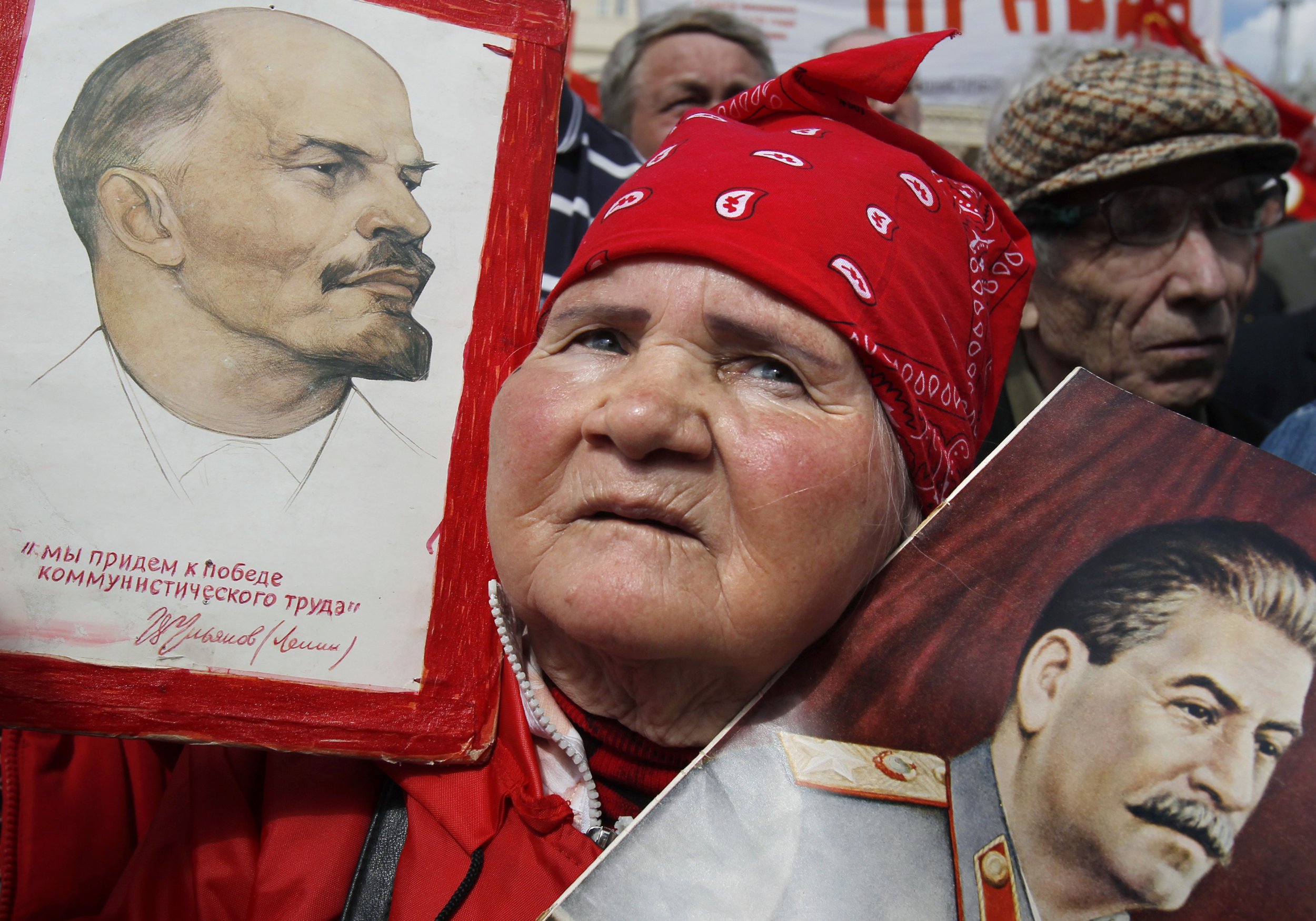A survey done by Levada in 2018[1] has shown the attitude of Russians views towards the Cheka have improved. In fact the amount of Russians that now associate the Cheka with “political terror or repression has fallen 12% from 23%.
DECEMBER 20, 1917 THE VCHK (VE-CHE-KA) – THE ALL-RUSSIAN EMERGENCY COMMISSION WAS CREATED. DO YOU KNOW WHAT THIS ORGANIZATION DID?
| Dec 97 | Jan 18 | |
| The fight against opponents of Soviet power, counter-revolution and sabotage | 40 | 32 |
| The fight against crime (theft, banditry, speculation) | 42 | 28 |
| Counterintelligence | nine | fifteen |
| Intelligence | eight | 13 |
| Political Terror, Repression of Dissenters | 23 | 12 |
| Political police, secret police of the Soviet era | 12 | eight |
| Solving the problem of homeless children | 13 | 7 |
| Restoring the country’s national economy | 5 | 4 |
| Solving other social problems | 3 | 3 |
| Difficult to answer | 23 | 36 |
The Cheka has long since passed into fable in Western minds as a boogeyman and as an example to discredit socialism and trying to achieve socialism. These same news publications/magazines will always neglect to mention that 14 countries, the most powerful ones on the Earth at the time, invaded Russia following the Bolsheviks taking power in 1917.
The “allies” went in on the side of the “white” movement and included UK, USA, Canada, Australia, India, South Africa, France, Japan, Greece, Estonia, Serbia, Italy, China, Poland and Romania.
The British setup concentration camps in Russia during this period. The BBC, ever trying to put a good spin on British atrocities, however was forced to admit:
Soon after the Allies docked in Arkhangelsk on 2 August 1918, they began locking people up. “They didn’t know who to trust or the difference between the Reds and Whites – so they decided to incarcerate anyone who seemed suspect,” says Liudmila Novikova, a Moscow-based historian who has become an expert on the post-revolutionary period in the Russian north.
Since the main prison in the town was overcrowded, potential troublemakers were shipped to the island of Mudyug, 70km (45 miles) away. The first batch of inmates had to build their own prison camp in this desolate, windswept place.
With few washing facilities and no change of clothes, inmates soon became infested with lice. Typhus spread like wildfire. Overall, about 1,000 people were imprisoned here and up to 300 died – either as a result of disease, or because they were shot or tortured to death. [2](BBC, ‘Death Island’: Britain’s ‘concentration camp’ in Russia, 19 October 2017)
The Concentration camp developed by the Americans in Cuba and used in quick succession by the British in the Boer wars and in many of their colonies even into the late 1950s most notably Kenya. It is an interesting point of history that as the British and Americans publicly decried the Soviet Gulag system – the British implemented much more brutal concentration camps in Kenya and the Americans were carpet bombing Korea in one the 20th centuries worse crimes against humanity.
To be quite frank there were many traitors that wanted to see the monarchy restored. The White movement had no social base and was not popular in the least – which explains why the Bolsheviks won the civil war despite the foreign countries pouring in troops combined totalled over 100,000 soldiers.
The Russians improving attitude to the Cheka is symptomatic of the wider trend of looking at Soviet history in a more grounded reality given the utter failure of capitalist restoration in the post Soviet nations. The Russians have finally understood that the only time the West has liked Russia was under Yeltsin, when Russia was on it’s back having it’s pockets picked by the West.
Everything from Stalins approval rating hitting a record high[3] to Eastern European nations seeing themselves as worse off under capitalism.

In the article Communist Nostalgia As The Reality Of Bourgeois Democracy Hits Home In Eastern Europe[5] we examined many polls that have been taken since capitalist restoration in Eastern Europe and Russia. How their economies were unilaterally annexed by the West and their nations became armies of reserve labour for capitalist production in the West.
We also examined how, due to those countries just becoming cheap pools of labour for capitalist production in the West, those countries were depopulating at an unprecedented rate. This in turn also explains the rise of autocracy in Russia/Poland and Hungary.
References
[1] Levada, TO THE 100TH ANNIVERSARY OF THE SECRET POLICE, 22 Feb 2018, https://www.levada.ru/2018/02/22/k-100-letiyu-tajnoj-politsii/
[2] BBC, ‘Death Island’: Britain’s ‘concentration camp’ in Russia, 19 October 2017
[3] The Moscow Times, April 16 2019, https://www.themoscowtimes.com/2019/04/16/stalins-approval-rating-among-russians-hits-record-high-poll-a65245
[4] Pew Research, April 2010, https://www.pewresearch.org/global/2010/04/07/hungary-dissatisfied-with-democracy-but-not-its-ideals/
[5] The Diplomatic Post, April 2020, https://diplomaticpost.co.uk/index.php/2020/04/04/communist-nostalgia-as-the-reality-of-bourgeois-democracy-hits-home-in-eastern-europe/


